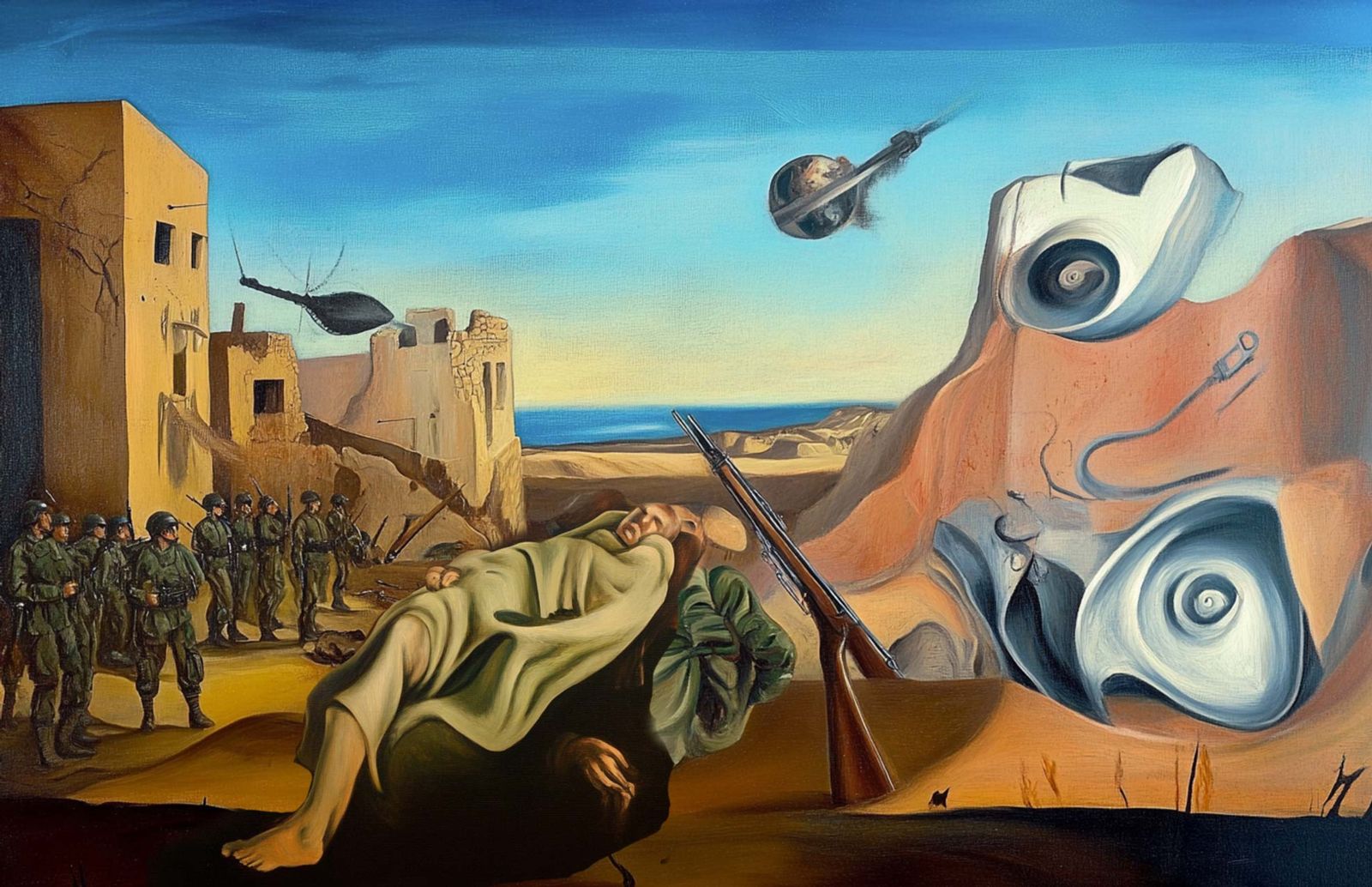Scholars and practitioners have called attention to the relationships—and contradictions—of human rights, international criminal law (ICL), and transitional justice (TJ) when addressing wrongdoings committed during war or in repressive regimes and moving toward peace and democracy. The turn to criminal law in TJ to promote accountability for individuals who have violated international human rights and humanitarian law has been extensively discussed, yet a temporal dimension of the debate is missing.
Accountability for egregious crimes committed during war faces the challenge of time. As decades pass, perpetrators die, memories disappear, and hopes fade. Criminal accountability, grounded in a formal process of proving and punishing these violations, struggles to respond to the expectations of immediate sociopolitical transformation.
The case of Colombia
Colombia exemplifies the challenges of accountability and the passage of time. After five decades of internal armed conflict involving multiple actors and with over ten million persons victimized—individually or collectively, the country has started a transition without a process for ensuring sustainable peace and reconciliation. Strategies of truth-telling, reparations, and non-recurrence have been launched in recent years. Yet there is also an inclination towards criminal accountability based on several judicial mechanisms operating in parallel (the Colombian justice system, the Justice and Peace Law, and the Special Jurisdiction for Peace).
In 2016, the Final Peace Agreement between the government and the FARC-EP guerrilla established the Comprehensive System for Peace, which includes the Special Jurisdiction for Peace (SJP), the judicial mechanism tasked with investigating, clarifying, prosecuting, and punishing the most serious crimes committed over more than 50 years of armed conflict. The SJP aims to balance restorative and retributive justice, incorporating some unique features such as the prosecution of those most responsible for serious crimes through the prioritization and selection of cases, a special sanctions regime, and some exemptions from criminal responsibility. The SJP has a maximum of 20 years, beginning in March 2018, to fulfill this mandate.
After six years of operation, the SJP has opened 11 macro cases without a single sentence. In a very short period, the judges have faced the task of i) reconstructing mass violence events, ii) assembling proof of individual and collective responsibility while protecting the rights of the accused, and iii) promoting participation among members of the affected communities.
SJP’s work fluctuates between ensuring the effectiveness of due process and addressing demands for prompt justice after decades of impunity. The risk is that SJP attempts to fulfill its duty by offering a quick fix that could lead to uncertain results at the expense of poor application of the law and fail to satisfy the rights of those who were victimized.
A better understanding of the weight of time is needed to prevent these undesired outcomes. In finding the appropriate balance of human rights, ICL, and TJ as a formula to overcome the heinous crimes committed during war, rights practitioners should keep in mind the interactions among these fields and their different timelines.
Human rights, ICL, and TJ: Different timelines
Although human rights, ICL, and TJ assume a linear, abstract, and sequential comprehension of time—expressed in metaphors such as moving forward, leaving the past behind, transition to, these approaches operate differently over time.
ICL takes time and functions largely as a retrospective system of prosecution and punishment. As a demonstration, International Criminal Court processes can take at least ten years, and the tribunals created in former Yugoslavia (ICTY), Rwanda (ICTR), or Cambodia (ECCC) have unfolded over 15 to 25 years and resulted in just a few sentences. As the years or decades pass, the institutionalization of tribunals in TJ settings and the subsequent formal investigations and prosecutions confront numerous practical and legal problems. The aging of the alleged perpetrators, the reconstruction of the factual circumstances under the required standard of proof, and the lack of motivation of witnesses and the people who were victimized are some of the difficulties of completing a trial after so many years.
TJ, on the other hand, is mostly driven by the urgency of achieving peace and democracy in order to move forward from the history of atrocities and abuses. The effect of acceleration and its associated virtue of speed frame the social expectations regarding those affected by the war, encouraging the view that transitional justice processes will wrap up quickly. As a result, truth-telling, justice, and reparations contemplate a limited duration over time.
As a result, there is a tension between human rights, ICL, and TJ practices and approaches that could affect possibilities for accountability in transitional settings.
In the midst of this paradox, TJ mechanisms have mainly embarked on investigations of gross violations, following the rigorous procedures and thresholds of the ICL despite the short time granted for such a task.
This is the case of the SJP, which, in its first indictments, has resorted to the Rome Statute and the judgments of the ICC, ICTY, and ICTR, raising doubts about its legal technique. The pressure to comply with international standards clashes with the political pressure for quick resolutions.
The SJP can still reevaluate its methodological, procedural, and legal approach to cases, considering the effects of the passage of time without sacrificing substantive decisions that capture experiences of violence and address criminal responsibilities. Beyond that, advancing the debate on the challenges of accountability with regard to time requires rejecting a linear paradigm and instead contemplating multiplicities, simultaneities, and circularities. Rights practitioners must understand that the relationship between past, present, and future is not always sequential, and it may involve reversals, pauses, and repetitions.

